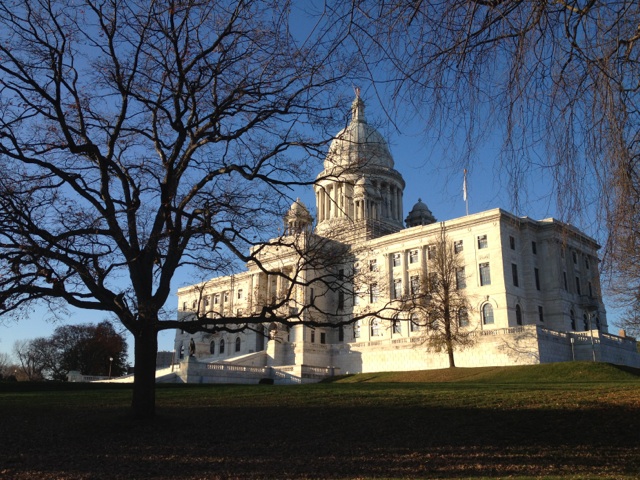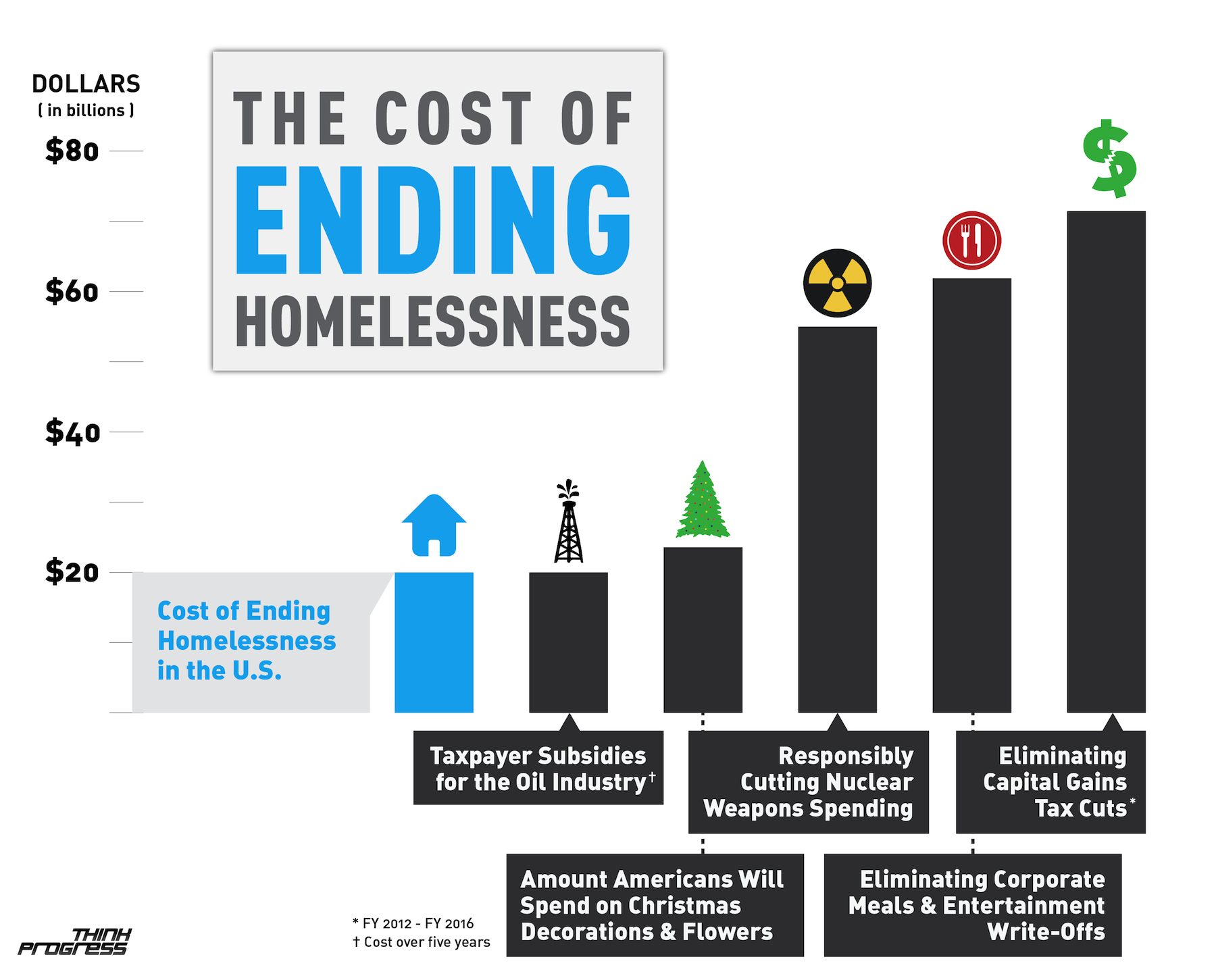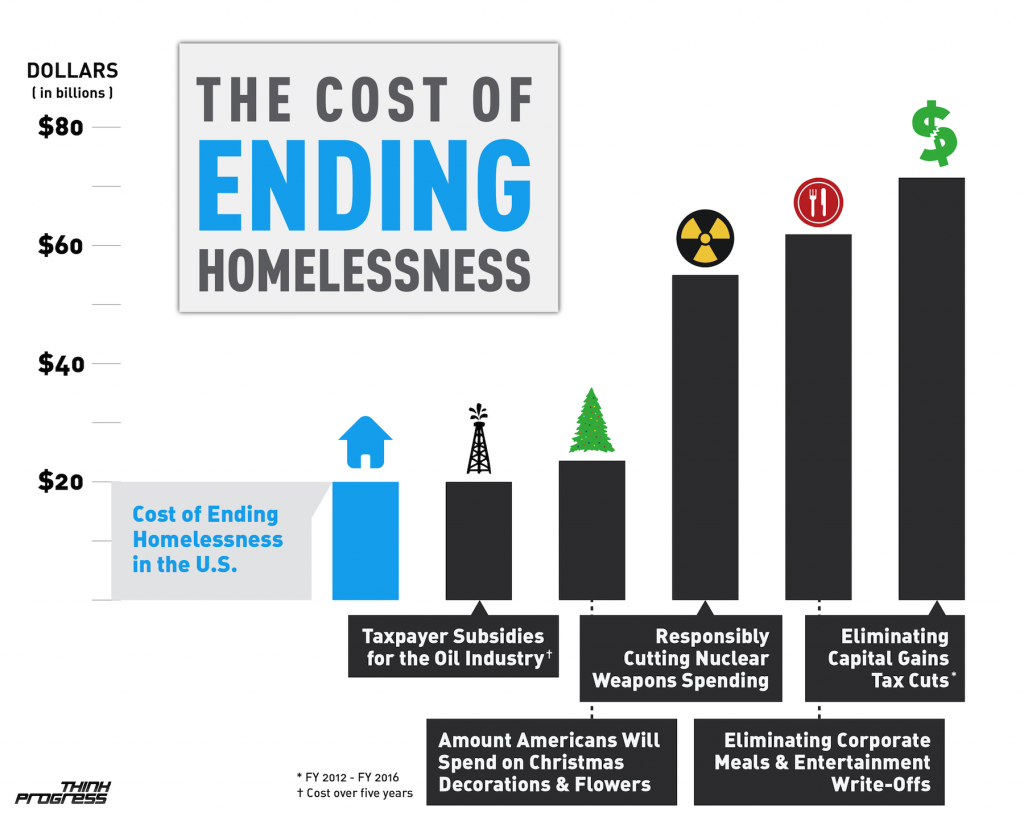 Of all the ridiculously obvious ways in which the press panders to conservative ideology and terminology, one of the most egregious examples is when reporters refer to the union-busting legislation such as what passed in Michigan yesterday as “right to work” bills.
Of all the ridiculously obvious ways in which the press panders to conservative ideology and terminology, one of the most egregious examples is when reporters refer to the union-busting legislation such as what passed in Michigan yesterday as “right to work” bills.
As a point of fact these laws have absolutely, positively nothing to do with any right to work. Not in any way, shape or form. It is simply an inaccurate and misleading way to describe them. CNN, NBC, the AP and the Washington Post all use it, but they are wrong to do so. The New York Times, I’ve noticed, avoids it.
Best I can tell, the term has been around since the late 1960’s, in the form of the National Right to Work Legal Legal Defense Foundation, a non-profit that gets its money from the same crony corporatists as does ALEC and the Heritage Foundation. Trust me, these conniving one percenters didn’t call it this because it was the most honest way to describe their intentions.
“We must guard against being fooled by false slogans such as ‘right to work,'” Martin Luther King Jr. once said.
It’s actually more accurate to use the left’s re-spinning of this misnomer – the “right to work for less” – because a vast preponderance of evidence shows that employee wages are lower in the states that have these labor-hating laws. Here’s President Obama doing so the other day in Michigan, before the bill passed:
University of Oregon professor Gordon Lafer studied the issue for the Economic Policy Institute and here are just some of his findings:
RTW laws have no impact on the performance of state economies. Seven of the 10 highest-unemployment states are states with RTW laws, including Nevada and Florida, which have unemployment rates higher than Michigan’s unemployment rate of 10.5%, and South Carolina, which also has an unemployment rate of 10.5%. Factors other than RTW laws, such as major industries and climate, shape states’ economies.
RTW laws lower wages for union and non-union workers by an average of $1,500 a year and decrease the likelihood employees will get health insurance or pensions through their jobs. By lowering compensation, they have the indirect effect of undermining consumer spending, which threatens economic growth. For every $1 million in wage cuts to workers, $850,000 less is spent in the economy, which translates into a loss of six jobs.
Not only are these laws not about a right to work, they aren’t even about economic development!
It might sound cliche, but the law Michigan passed on Tuesday – that is now a law in 24 states – is most accurately described as good old-fashioned union busting. That’s what the laws are designed to do after all: make it harder for organized labor to collect dues.
Here’s how the New York Times describes the new Michigan law:
The legislation here, which will go into effect next year, bans any requirement that most public and private sector employees at unionized workplaces be made to pay dues or other fees to unions. In the past, those who opted not to be union members were often required to pay fees to unions that bargained contracts for all employees at their workplace.
That isn’t a right to work. That’s a right to not pay for the expense of bargaining collectively. These laws actually make it legal to utilize the services of a labor union without paying for them.
Here’s how Rich Yeselson writing for the American Prospect describes them:
It’s a snarling pit bull of a policy that disempowers the institutional voice of employees—unions—for the benefit of corporations. Most of the wealthy states don’t have right-to-work laws, and most of the poor ones do. Workers in right-to-work states make less than those in non-right-to-work states, and their unions have fewer resources to fight the corporations and politicians who benefit from this lopsided system. That’s the idea.
And, according to the Washington Post, not even labor loving Rhode Island, the seventh-most unionized state in the nation at 17.9 percent of the workforce, is safe anymore:
If Michigan, of all places, is no longer safe from a sweeping revisions to its labor laws, then none of the remaining pro-union states in the Midwest and Northeast are immune.






